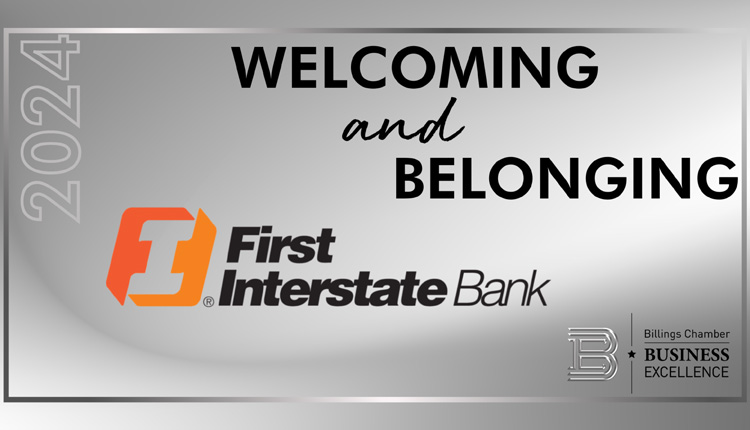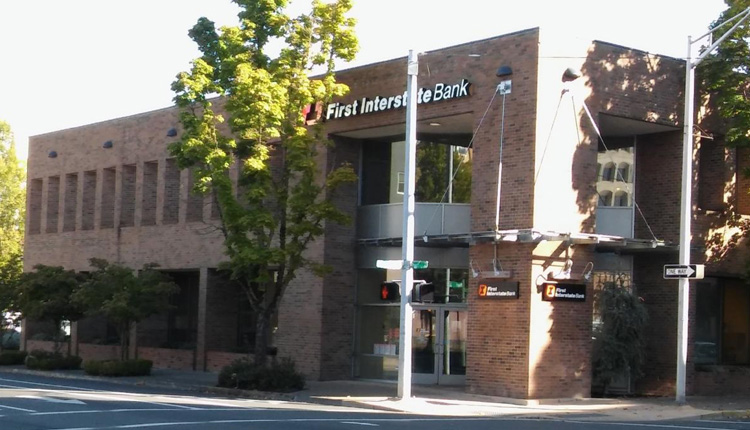
April 23, 2024
New Elkhorn Athletic Assoc. Complex Named First Interstate Bank SportsPlex
The health and happiness of the places we call home matter to us. We’re proud to be an active part of the communities we serve.
Learn MoreApril 23, 2024
New Elkhorn Athletic Assoc. Complex Named First Interstate Bank SportsPlex
April 8, 2024
First Interstate Partners with FHLB to Award Nearly $2.6M in Grants
April 2, 2024
First Interstate Receives 2024 Welcoming and Belonging Award
March 29, 2024
Eugene Branch Remodel Now Complete


